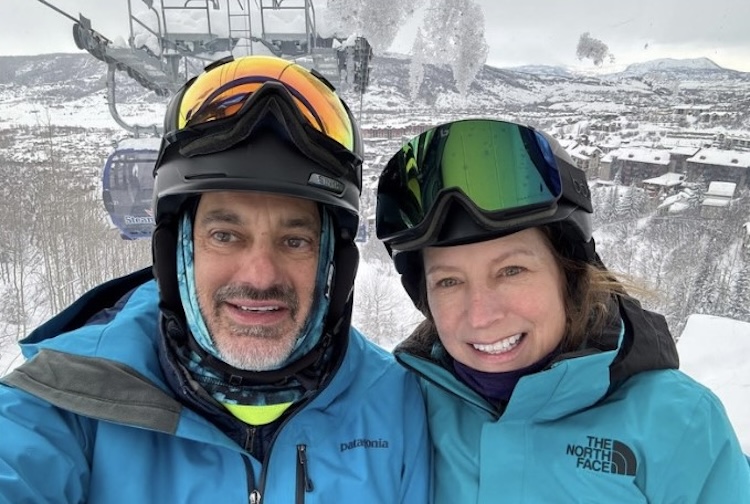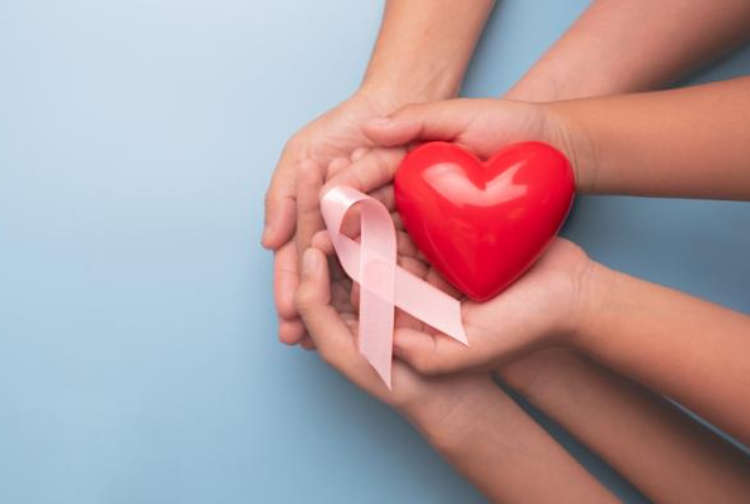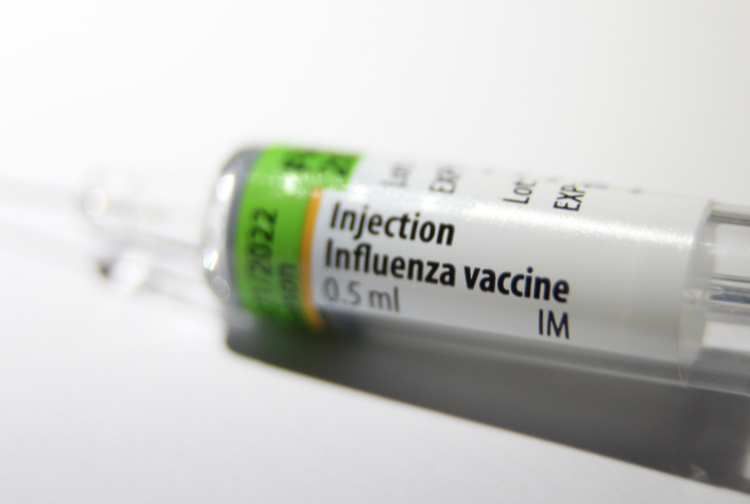
On the right track: Pauley Heart Center experts help get cardiac sarcoidosis patient back up to speed
April 18, 2024 Sandy and Jill Wiggins enjoying a ski trip in Steamboat Springs, Colorado. (Contributed by Sandy Wiggins)
Sandy and Jill Wiggins enjoying a ski trip in Steamboat Springs, Colorado. (Contributed by Sandy Wiggins)
Author: Lisa Crutchfield
J. Saunders “Sandy” Wiggins has always enjoyed adrenaline-fueled activities, from downhill skiing to racing sports cars.
Several years ago, after he began lacking the energy that had always fueled his supercharged lifestyle, he sought help from VCU Health Pauley Heart Center physicians who diagnosed him with cardiac sarcoidosis – a rare inflammatory disorder that can affect multiple organs and requires expert care.
Today Wiggins remains as active as ever thanks to the care he receives at VCU Health’s Multidisciplinary Sarcoidosis Clinic, the only one in Virginia to achieve the Center of Excellence status given by the Foundation for Sarcoidosis Research and World Association for Sarcoidosis and Other Granulomatous Disorders.
“There was a time when I really did slow down,” Wiggins, an amateur sports car racer, says. “But at VCU I found a whole team of awesome folks who got me back on the right track. I feel great now, and I do everything I want to do.”
Sandy Wiggins celebrating a second place finish in a sports car race at Virginia International Raceway. (Contributed by Sandy Wiggins)
The sarcoidosis clinic concentrates providers from numerous specialties to both treat patients who are living with the inflammatory disease as well as educate other physicians about the condition that is usually discovered in the lungs, but can involve the heart, eyes, liver, joints and skin. About 25% of patients experience cardiac sarcoidosis, which can cause immune cells to congregate in the heart muscle and create clusters of inflammation called granulomas.
While a variety of treatment options exist for patients who are diagnosed with cardiac sarcoidosis, if the condition goes undetected scar tissue may develop in the heart, leading to life-threatening arrhythmias or heart failure.
“Sarcoidosis is a challenging disease, affecting so many organs including the heart,” says Jordana Kron, MD, professor of cardiac electrophysiology in the Department of Internal Medicine and co-founder of VCU Health’s sarcoidosis clinic. “Every person with sarcoidosis should be screened for cardiac involvement.”
A patient-centered spirit of discovery
Many of the research findings that help Kron and other physicians advance patient care in the sarcoidosis clinic come from donor-funded studies conducted at VCU. In 2019, Kron, who was also a translational science scholar at the VCU C. Kenneth and Dianne Wright Center for Clinical and Translational Research, received a Pauley Pilot Grant to study a new treatment protocol. What she learned in that early-stage research later paved the way for a $1 million American Heart Association Collaborative Sciences Award and a two-year award from the National Institutes of Health.
Philanthropic support enabled Kron and her colleagues to design a randomized controlled clinical trial that includes African-Americans and women – the two populations most affected by the disease. Through this trial, they found that inflammatory biomarkers improved when cardiac sarcoidosis patients were treated with a medication that blocks Interleukin-1, a protein that signals the presence of inflammation in the body. This is a first step toward a deep understanding of the mechanisms underlying cardiac sarcoidosis.
Kron’s research continues to focus on developing new ways to manage sarcoidosis, particularly without using steroids, which can cause hypertension, weight gain and other side effects that could be especially dangerous for cardiac patients.
“Our goal is to help patients feel as good as possible, live their lives and be with their families,” Kron says.
Family is how Wiggins describes his care team, underscoring the empathy and availability he's been continually shown.
“They’re interested in me as a person, not just as a patient,” says Wiggins, who fits in as many ski vacations as possible when he’s not working. “My family and I appreciate all that VCU brings to Richmond and the surrounding areas. How lucky are we to have those experts in our backyard?”
He adds that he feels an obligation to contribute to the place that gave him his life back.
"By making a gift to the Pauley Heart Center and identifying a particular research project or disease to support, you have the ability to play a small part in giving patients a second chapter of their lives,” Wiggins says. “Second chapters are pretty cool, and I'm jazzed to be a part of it."




